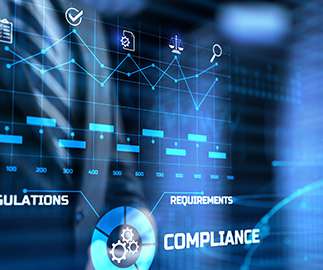Audit Checklist for SOC 2
Reciprocity
DECEMBER 21, 2022
If your company is a service organization and your customers trust you with their data, you may need to pass a SOC 2 (System and Organization Controls 2) audit. Compliance and certification are the goals of a SOC 2 audit. The SOC 2 compliance audit gives them that assurance. Develop a SOC 2 Audit Framework. What is SOC 2?












Let's personalize your content